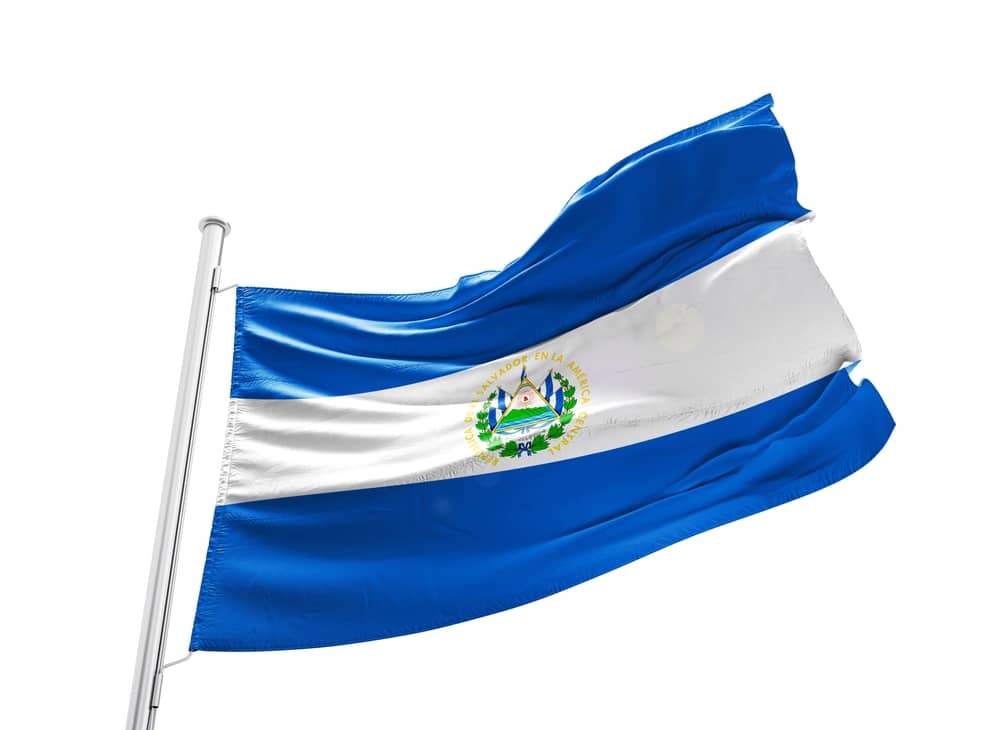
El Salvador has taken a noteworthy turn as it officially revokes Bitcoin’s legal tender status, a significant pivot that comes after its landmark decision in September 2021 to use the cryptocurrency as legal currency. This shift was confirmed when the Bitcoin Act was amended on January 29, 2025, allowing the acceptance of Bitcoin to become voluntary, aligning with an agreement made with an essential international lender.
Despite this withdrawal, El Salvador continues to bolster its Bitcoin reserves. The nation purchased an additional 11 Bitcoins on February 4, 2025, contributing to a current total of 6,067 Bitcoins valued at approximately $616 million. President Nayib Bukele has noted that over the past week, the country has bought more than 20 Bitcoins in total.
“El Salvador bought another 11 #bitcoin worth over $1.1 million for their strategic bitcoin reserve 🇸🇻”
— Bitcoin Magazine (@BitcoinMagazine) on February 4, 2025
Is A Bold Experiment Coming To An End?
The early uptake of Bitcoin by El Salvador was a controversial yet bold move aimed at modernizing the economy and promoting financial inclusivity. The government had previously introduced the Chivo Wallet, providing incentives for citizens to adopt Bitcoin. However, various challenges have surfaced, including public reluctance to shift away from cash or US dollars.
Tether Moves To El Salvador
In a related development, Tether has announced it is relocating its headquarters to El Salvador following the acquisition of an operating license, marking an essential endorsement of the nation’s status as a burgeoning crypto hub in Central America. CEO Paolo Ardoino indicated that this historic move signifies a shift towards establishing a physical headquarters as Tether moves from its earlier base in the British Virgin Islands.
Feel free to explore more about Tether’s move to El Salvador.
El Salvador’s experience will spark discussions in other nations that have tracked its path, potentially prompting reevaluations of cryptocurrency policies.


